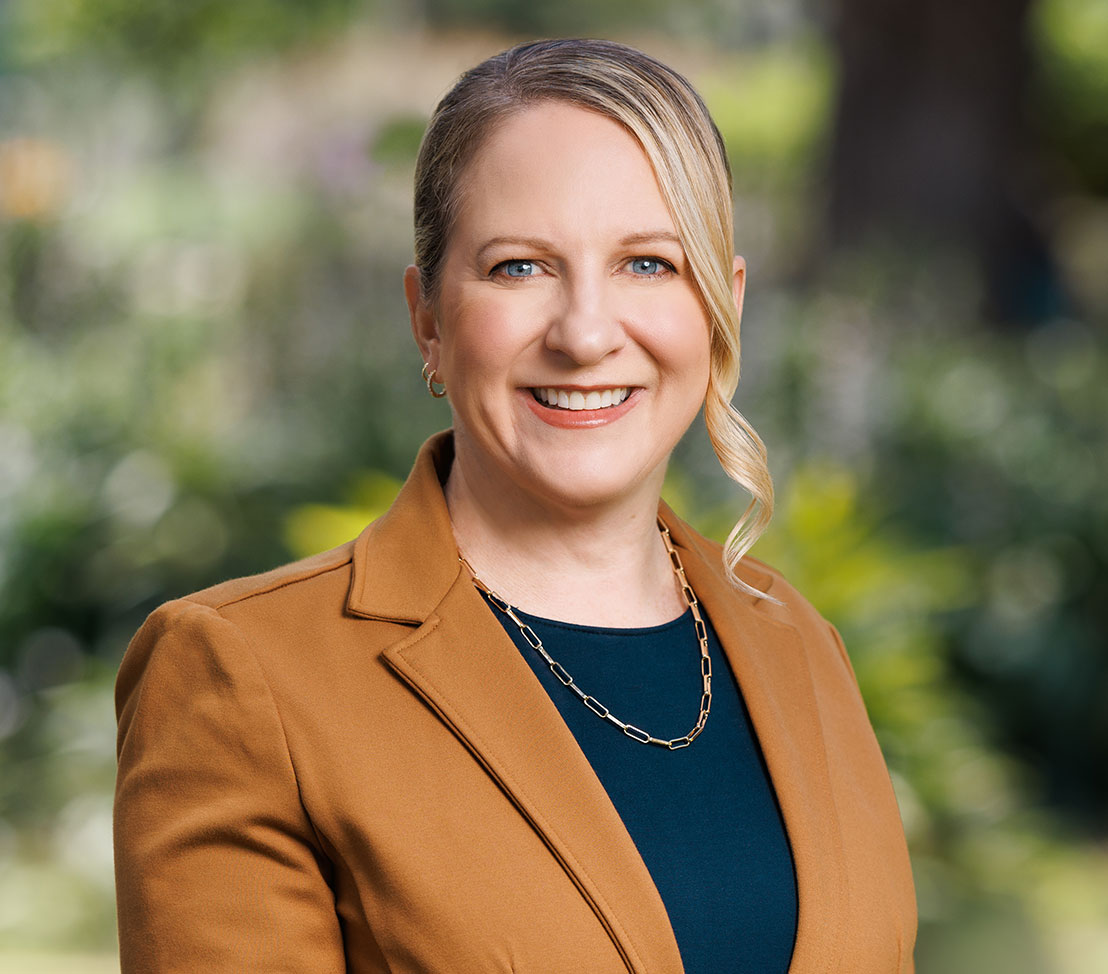 Office Managing Partner
Office Managing Partner
Background
Works at the intersection of land use and water law. Santa Barbara office managing partner. Leader in cannabis cultivation projects and co-chair of Cannabis Industrial Hemp industry group.
Amy Steinfeld is a land use and water lawyer with a broad understanding of environmental issues and a passion for the agricultural industry. Operating in one of the most heavily regulated industries and states, her passion and genuine concern for her clients is critical to her success. Drawing on a substantial network and ability to work closely with state agencies and local governments to anticipate decision-makers’ viewpoints, she efficiently moves even the most contentious projects forward and reduces permitting delays.
Her combination of water law and land use experience allows Amy to operate at the apex of the industry. She advises water districts, cities, agricultural interests and developers in all aspects of water law. Accomplished in all facets of land development, Amy is recognized for her experience in water supply strategy, local policies and public outreach. She brings deep experience in every part of the process, from site due diligence to the preparation of groundwater sustainability plans and environmental documents to the defense and settlement of complicated multiparty CEQA lawsuits.
Amy is co-founder and co-chair of the California H2O Women Conference, which provides an opportunity to collaborate, educate and support women leaders in the water industry.
Representative Matters
- Successfully defended a 17-acre outdoor cannabis cultivation and processing project on three appeals brought to the Santa Barbara County Planning Commission. Appellants’ concerns included traffic, and potential odors from the cannabis operations and Hydrogen Sulfide in the groundwater. Our team settled many of the appeal issues prior to the Planning Commission hearing and the appellants’ other concerns were unanimously rejected by the Commissioners. The result is a project that deploys carbon scrubbers in the indoor processing facility to mitigate potential odor and includes a proactive approach to investigating odor complaints and monitoring hydrogen sulfide levels.
- Successfully represented an outdoor cannabis cultivator through 5 administrative appeals and in trial court litigation, which was the first Santa Barbara County cannabis cultivation case to end up in trial, and the first outdoor cannabis cultivation CEQA case in California. The 22-acre outdoor cannabis farm is one of the largest operational, fully-permitted cannabis farms in California and defending against the appeals and litigation required successful demonstration that cannabis farms are agriculture and can co-exist with traditional farms and educating the public and decision makers on the environmental and economic benefits of sustainable, sun grown cannabis farming.
- Successfully defended cannabis cultivator against appeal of an approved County coastal development permit for greenhouse cannabis cultivation. The project secured a unanimous approval from the Planning Commission and is referred to by Commissioners as “the gold standard” for cannabis greenhouse projects in Santa Barbara County. Successfully demonstrated that cannabis greenhouses can co-exist with traditional agriculture and residential neighborhoods via stringent odor mitigation measures.
- Successfully represented in appeal a client seeking a land use permit to cultivate outdoor cannabis in Cuyama Valley, Santa Barbara County. Our team developed a voluntary water offset program to ensure the project would not have a net impact on the Cuyama Basin, a critically overdrafted groundwater basin. Commissioners denied the appeal in a 5-0 vote, commending the proactive nature of the water offset program. This is the first such program of its kind to be implemented in Santa Barbara County but may become an important tool in critically overdrafted basins throughout California as the implementation of SGMA continues.
- Counsel to cannabis cultivators in Santa Barbara County challenging a County Ordinance that threatened to limit hoop house usage in key cultivation areas. Hoop houses, or temporary greenhouses, are essential tools for California Central Coast agriculture and yield resource savings (e.g., reduced water demand and pesticide application etc.) as well as extend the growing season. Efforts helped deliver a compromise that exempts most hoops on actively cultivated land from prohibitive land use and building codes.
- Assisted Cadiz, Inc. and Glass House Farms’ joint venture SoCal Hemp Co. in spearheading a pilot research program MOU to cultivate organic, sun-grown industrial hemp for both natural hemp and hemp-derived products including CBD. With Brownstein’s counsel, the project is potentially able to expand from its current operations to cultivate on up to 9,600 acres at the Cadiz Ranch in San Bernardino County, which would make it the largest vertically integrated, commercial hemp operation in the state of California.
Insights & Publications
Insights & Publications
News
News
Credentials
Education
- J.D., 2005, University of Colorado Law School, with honors
- B.A., 2000, University of California, Los Angeles, cum laude
Admissions
- California, 2005
- U.S. Court of Appeals, Ninth Circuit
Memberships
International Cannabis Bar Association
Santa Barbara Women Lawyers
Santa Barbara County Bar Association
Community Involvement
COMMUNITY INVOLVEMENT
Board of Trustees, Ganna Walska Lotusland
Vice Chair, Executive Committee, Santa Barbara South Coast Chamber of Commerce
Board of Directors, Santa Barbara South Coast Chamber of Commerce
Water Education Foundation Water Leaders Mentor, 2023
Guest Lecturer, Cannabis Law and Policy, The UCSB Bren School
ACWA Legal Affairs Committee, 2018-2019
Board of Directors, Santa Barbara Bicycle Coalition
Board of Advisors, California Water Law Policy Reporter
Secretary, Legal Aid Foundation of Santa Barbara County, 2008-2013
Photo Editor, Santa Barbara Lawyer Magazine Editorial Board, 2007
Guest Lecturer, Global Studies, “Social and Environmental Compliance,” Santa Barbara City College
Recognition
AWARDS
Pacific Coast Business Times, Top 50 Women in Business
The Best Lawyers in America, 2021-2026
Los Angeles Daily Journal, Top Cannabis Lawyer, 2022
Pacific Coast Business Times, Who’s Who in Agriculture and Viticulture, 2023-2024
Pacific Coast Business Times, Most Influential People in the Region, 2020, 2021
Pacific Coast Business Times, Who’s Who in Energy and Environment, 2018
Water Wastes Digest, Young Water Professionals Award, 2017
Pacific Coast Business Times, Top 50 Women in Business Editor’s Choice, 2017
Pacific Coast Business Times, Who’s Who in Professional Services, 2016, 2025
Pacific Coast Business Times, 40 Under 40, 2013
Contributing Editor, Association of California Water Agencies’ Summary of Appellate Cases Decided by the Court, 2008-2010
Lead Articles Editor, Colorado Journal of International Environmental Law and Policy, University of Colorado School of Law, 2004-2005
President, Environmental Law Society, University of Colorado School of Law, 2003-2004
